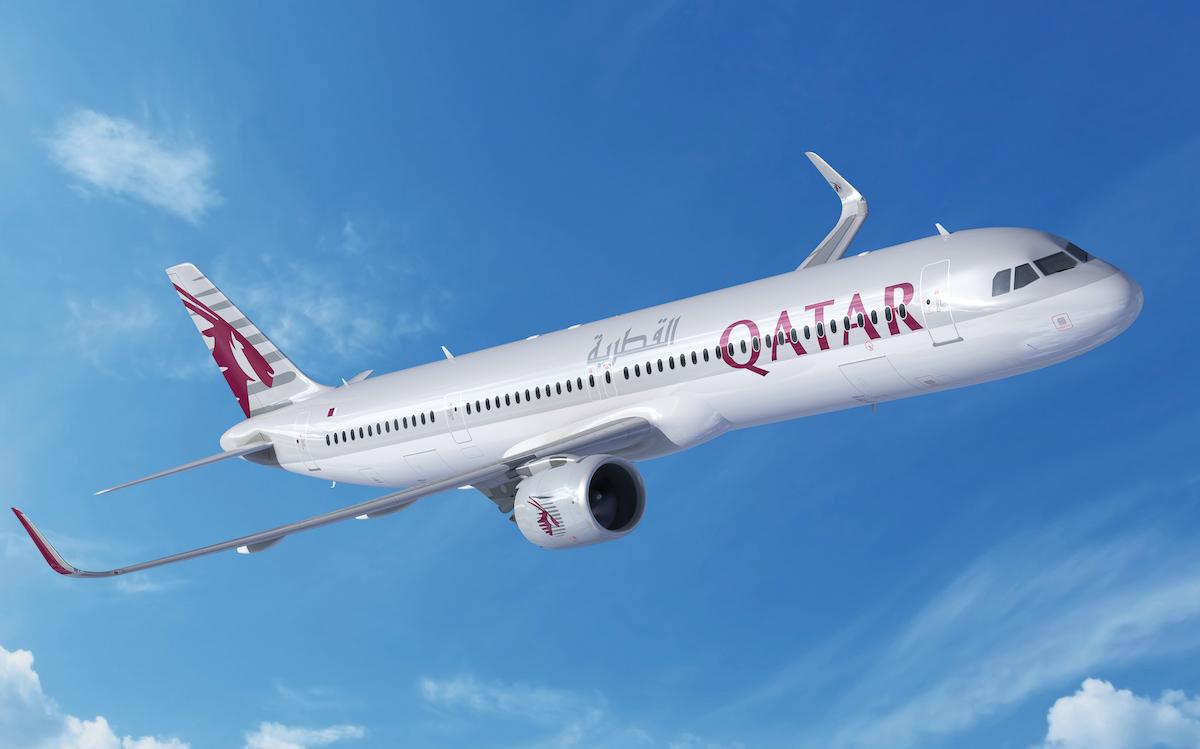Airbus, Qatar Airways Conflict Escalates With A321neo Order Termination

Credit: Airbus
Qatar Airways said Jan. 21 that it is “adhering to all of our obligations under all applicable contracts,” a day after Airbus confirmed it is terminating an order by the airline for 50 A321neos and as the two continue to fight over paint and surface degradation issues on the airline’s fleet of A350s...
Subscription Required
This content requires a subscription to one of the Aviation Week Intelligence Network (AWIN) bundles.
Schedule a demo today to find out how you can access this content and similar content related to your area of the global aviation industry.
Already an AWIN subscriber? Login
Did you know? Aviation Week has won top honors multiple times in the Jesse H. Neal National Business Journalism Awards, the business-to-business media equivalent of the Pulitzer Prizes.
